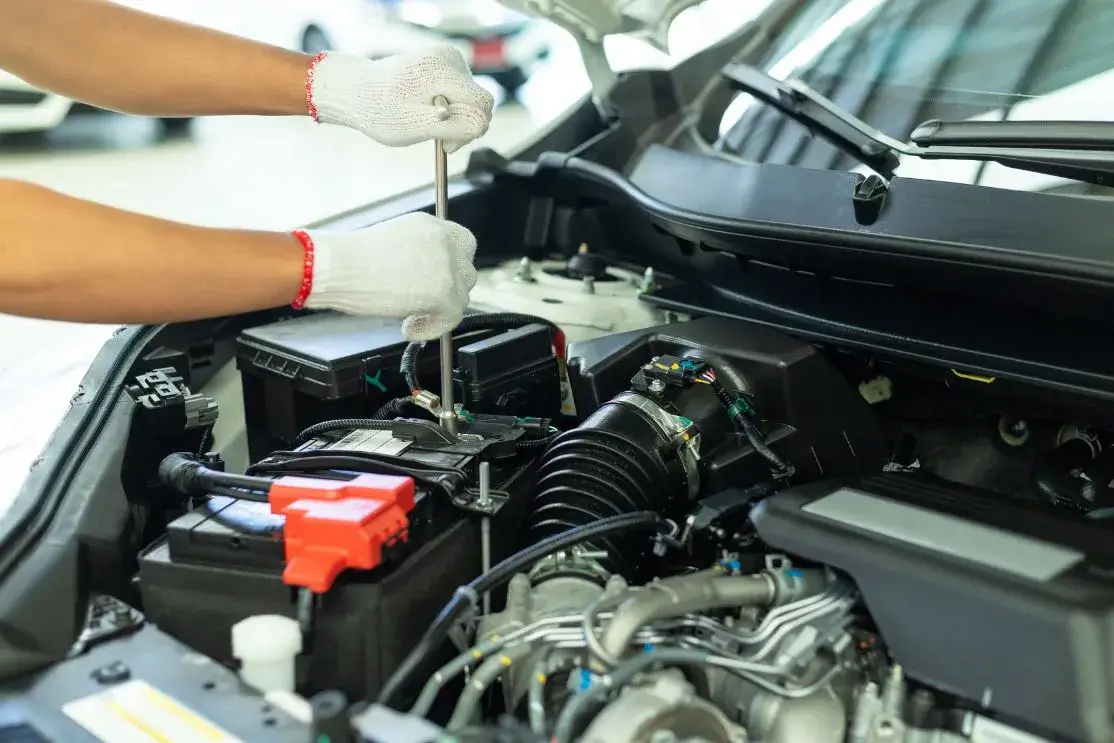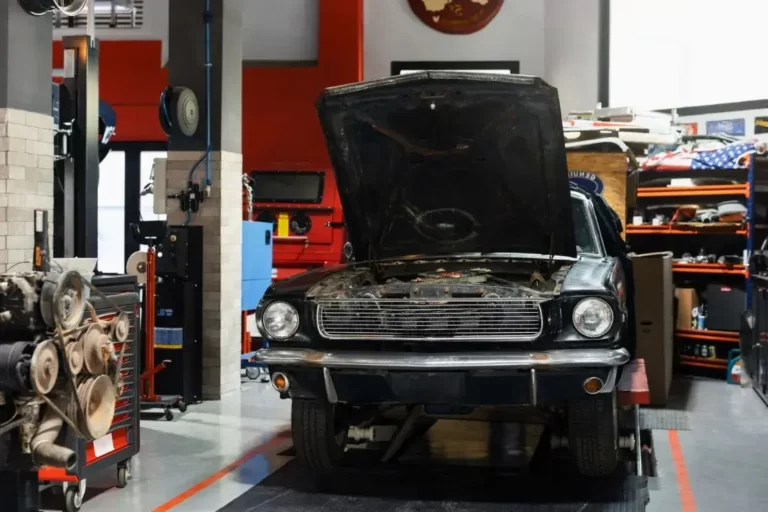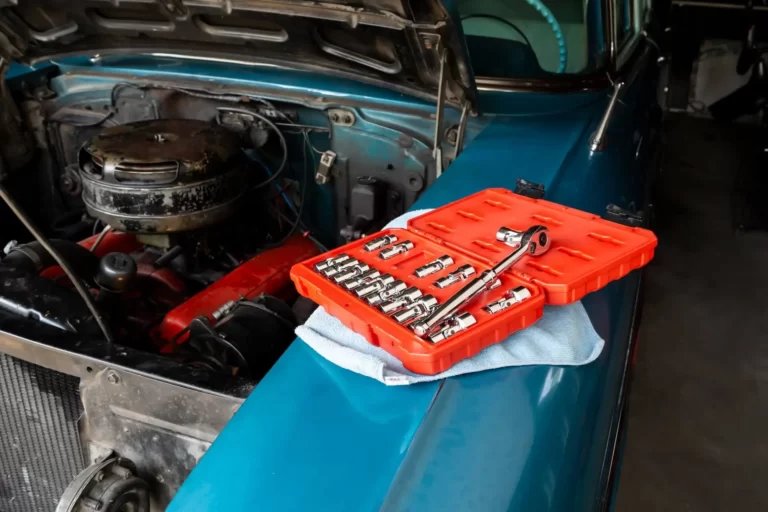How To Get Rid Of A Car That Needs Repairs
Cars are a significant part of many people’s lives, providing convenience and freedom. However, when faced with costly repairs for an aging vehicle, it may be necessary to consider disposing of the car.
This article explores various options for getting rid of a car that needs repairs, examining the pros and cons of each to help readers make an informed decision based on their situation.
The goal is to provide readers with the information needed to find the best solution for disposing of a car requiring repair.
Selling The Car
Selling a car that needs repairs can be challenging. It’s crucial to explore responsible options for disposing of the vehicle – whether through auctioning, donating, or selling privately. Determining the best approach for getting rid of an old car needing repair can save time and money in the long run.
Auctioning the car has benefits, especially if you seek a good return on investment and are okay with waiting while buyers bid against each other. Depending on where you list your vehicle, auction sites may charge commission fees, which should be factored into your sale price expectations.
Some auctions require payment upfront before allowing listing, so check all details before registering your car.
Another option when considering how to dispose of a vehicle needing repair involves donating it for tax write-off purposes or recycling it through an approved facility that will pay cash for parts from the aged car.
Whichever route is chosen, researching relevant organizations beforehand ensures a smooth process with minimal stress and potential financial reward along the way.
Donating The Car
When considering donating a car, researching potential charities is essential to ensure the donation is used for the desired purpose. Filing all the necessary documents to make the donation tax-deductible is crucial.
Researching charity reviews and ratings may help ensure the charity is reputable and trustworthy. Filing documents such as the title and bill of sale is vital to document the car donation properly.
Researching Charities
Investigating charities that accept car donations is an excellent approach to disposing of one needing repairs. Many organizations offer volunteer programs or financial assistance for car donations, and it can be beneficial to explore different options.
Consider if the charity will use the funds from selling your vehicle for its intended purpose and any tax deductions you may be eligible for by donating your car. Additionally, researching online reviews or asking for recommendations on reliable charities can help narrow down your choices before donating.
With research and careful consideration, anyone can find an appropriate charity when they need to get rid of a car needing repairs.
Filing Documents
Once you have decided to donate your car and identified a qualified charity, the next step is to gather all the necessary documents. These include title registration, insurance cancellation, and any other relevant paperwork that needs to be filled out or signed. Ensure these are completed correctly to avoid any issues later.
Filing these forms can sometimes feel overwhelming, but with organization and precision, anyone can manage their document filing efficiently. To ensure maximum efficiency when filing documents for donating your vehicle, create a list of each form required and check them off as they’re completed.
This way, you will know exactly what steps remain before completing the donation process. By taking this approach, everything should run smoothly, and you’ll have successfully donated your car in no time.
Trading In The Car
Moving on from donating a car requiring repairs, trading in the car is another option to consider. This can be done directly at a dealership or through broker services. When exploring this route, consider the following:
- Vehicle condition – If it’s not drivable, you may need to tow it to the dealership. Your trade-in value will likely reflect its condition.
- Research market values – Knowing what similar vehicles sell for will put you in a better position when negotiating with dealerships.
- Leasing options – If you have bad credit, leasing might be easier to get a new car than obtaining financing upfront.
- Shop around – Engage multiple dealerships or brokers before committing to any offers to ensure you get the best deal based on your circumstances.
Taking advantage of donations or trading opportunities could save money and prevent environmental damage. Additionally, many states offer tax breaks if you donate or trade in cars needing repair instead of disposing of them as junked vehicles. These rules vary by state and should be researched ahead of time.
Scrapping The Car
Scrapping can be an effective solution for disposing of a car that needs repairs. Some yards may require paperwork, such as registration documents and valid identification, depending on the vehicle type. Contact your local scrapyard or auto wrecker to ensure you understand applicable laws.
After providing proof of ownership and required documentation, the yard should usually arrange free pickup or towing services. Be aware that additional fees may apply for disposal depending on material recycling. Remove large parts before scheduling a pickup to avoid extra costs for hauling heavier components.
Scrapping a car is cost-effective compared to repairing it, but consider potential transportation or disposal fees in your decision-making process. This way, you can determine whether salvaging parts or utilizing the scrap yard is more beneficial.
Recycling The Car
Recycling a car needing repairs can be achieved by selling it for parts or donating it for recycling. Both options effectively recycle the car instead of sending it to a landfill.
Selling For Parts
Selling a car for parts may seem disheartening, as repair costs could outweigh any money made. However, you can still profit from an old vehicle that won’t run again. Look up car part prices online and compare them to repair or replacement costs. This will show potential earnings from selling the car piece by piece.
Being savvy about finding buyers and setting competitive prices for components can turn your broken-down car into something valuable.
Donating For Recycling
Donating the car for recycling is a viable option for those seeking additional assistance. This method helps others and reduces environmental impact by repurposing materials. Donations can be made to reputable organizations specializing in vehicle removal and dismantling.
These companies will pick up the vehicle at no cost and recycle usable components. Donors are often eligible for tax deductions based on the value of their contribution. Donating an old car to recyclers is an effective way to contribute positively and save money.
Giving The Car Away
When it comes to disposing of a car requiring repairs, several options are available. One possibility is recycling the car, while another is leasing it. Leasing allows an individual to pass on the vehicle and its associated repair costs to someone else.
A third option is junking the car, which involves engaging a company or taking it to a junkyard, where payment is received based on the vehicle’s scrap metal weight. It is crucial to properly dispose of all hazardous materials, such as battery acid and motor oil before recycling or junking can occur.
Many people prefer giving away their damaged cars instead of handling the disposal themselves for convenience. To accomplish this, individuals may place ads online or ask around for anyone interested in a vehicle needing some attention. However, depending on the extent of the repairs, it may not be worth the trouble. When considering gifting an older model, keep these three points in mind:
- Complete any necessary paperwork;
- Ensure proof of ownership is available; and
- Be mindful of relevant tax regulations.
Giving away a car is cost-effective and offers satisfaction from helping someone else get back on the road, even if it means parting with a beloved set of wheels.
Conclusion
The decision regarding what to do with a car needing repairs lies with the owner. Depending on their circumstances, they may choose to sell, donate, trade-in, scrap, recycle, or give it away. Each method has its pros and cons. Before making a final decision, owners should evaluate all available options. This can save money, time, and hassle in the long run.
Disposing of an old car that has seen better days can be easy as long as proper consideration is given before choosing a course of action.
Frequently Asked Questions
What are the available options for disposing of a car that needs repairs
Several options are available, including selling the car, auctioning it, donating it, trading it in, scrapping it, recycling it, and giving it away.
How can I ensure that my car donation is being used for the intended purpose?
To ensure that your car donation is being used for the intended purpose, research potential charities beforehand and check their reviews and ratings. Also, file all necessary documents to make the donation tax-deductible.
What are the benefits of recycling a car?
Recycling a car helps reduce environmental impact by repurposing materials. Donating the car to reputable recyclers can result in tax deductions for the donor.
What are the essential things to remember before giving away a car?
Before giving away a car, completing any necessary paperwork is essential, ensuring proof of ownership is available, and being mindful of relevant tax regulations is essential.
How can I make the most out of selling my car for parts?
To make the most out of selling your car for parts, research car part prices online and compare them to repair or replacement costs. Being savvy about finding buyers and setting competitive prices for components can turn your broken-down car into something valuable.
What is the most cost-effective option for disposing of a car that needs repairs?
Scrapping a car is often the most cost-effective option than repairing it, but consider potential transportation or disposal fees in your decision-making process. Salvaging parts or utilizing a reputable scrap yard can also be beneficial.






